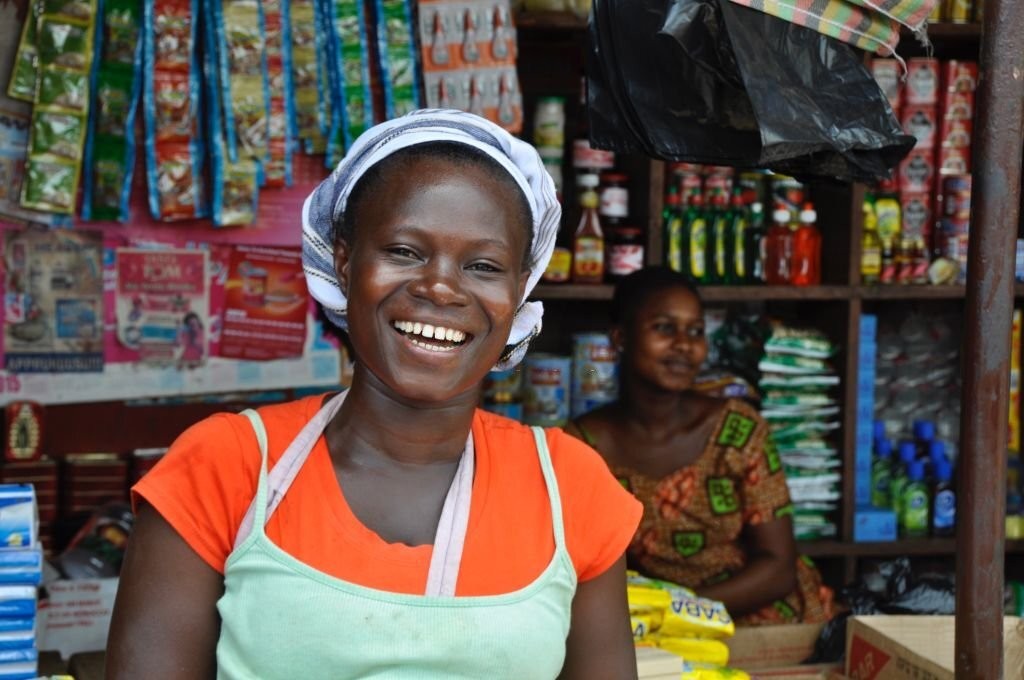Uganda’s economy expands, stability maintained – Kasaija

Photo: Courtesy
Uganda’s economy is on an upward trajectory, having demonstrated notable resilience and strong recovery amidst global, regional, and domestic economic shocks, Finance Minister Hon. Matia Kasaija has announced.
Speaking at the Uganda Media Centre during a press briefing on Tuesday, Minister Kasaija said the economy expanded from Shs 203.7 trillion (USD 53.9 billion) in FY 2023/24 to Shs 226.3 trillion (USD 61.3 billion) in FY 2024/25, with GDP per capita rising to USD 1,263. The economy registered a real growth rate of 6.3 percent—an increase from 6.1 percent the previous year.
“This performance was mostly driven by continued implementation of government interventions, including wealth creation programs like the Parish Development Model (PDM), Uganda Development Bank (UDB), Emyooga, and other small business recovery initiatives,” the Minister noted.
Inflation, currency, and private sector confidence stable
Headline inflation remains contained at 3.8% as of July 2025, down from 3.9% the previous month, largely due to declining food crop prices and reduced transport costs. The Bank of Uganda maintained the Central Bank Rate at 9.75% for the tenth straight month to support price stability and growth.
The Ugandan Shilling appreciated by 0.5% in July, strengthening to an average mid-rate of Shs 3,586 per US Dollar, driven by strong remittance inflows, investor confidence, and improved export earnings—especially coffee. Uganda’s shilling was recently ranked Africa’s most stable currency by the IMF’s International Financial Statistics Division.
Private sector credit also grew by 7.5%, rising to Shs 23.9 trillion by June 2025, signaling increased lending and business activity.
Export diversification and record trade performance
Uganda’s external sector showed strong diversification gains. Coffee, once dominant in the export basket, now accounts for 20.9% of total merchandise exports down from 75.6% in 1995. Gold (39.3%), cocoa beans (5.8%), and base metals are among the new front-runners.
Merchandise exports surged by 64.3% to USD 1.15 billion by June 2025, up from USD 702.5 million a year earlier, while imports rose by 50.7% to USD 1.43 billion. Tourism also bounced back strongly, earning Uganda USD 1.52 billion in the 12 months to March 2025, up from USD 1.36 billion the previous year.
Foreign Direct Investment reached USD 3.30 billion in 2024, boosted by activities in the oil and gas sector.
Improving social indicators and revenue performance
Uganda’s recent census and development reports reflect improving welfare outcomes. Life expectancy increased from 63.7 years to 68.9 years, poverty dropped from 20.3% in FY2019/20 to 16.1% in FY2023/24, and income inequality (Gini coefficient) improved from 0.413 to 0.382.
Revenue collection exceeded expectations in FY2024/25, with total revenues reaching Shs 32.08 trillion, surpassing the target of Shs 31.98 trillion. July 2025 alone posted a surplus, bolstered by an unexpected Shs 168 billion in grants.
Additionally, Uganda has officially met conditions for lower-middle-income status. The country moved up two places in the 2025 Human Development Index rankings—from 159th to 157th globally—driven by a rise in HDI from 0.550 to 0.582.
Ten-fold growth strategy
Minister Kasaija shared an ambitious vision for the future, projecting economic growth to exceed 7% in FY2025/26, with the aim of transforming Uganda into a USD 500 billion economy over the next 15 years.
The government’s Ten-fold Growth Strategy will focus on four critical sectors:
-
Agro-industrialization
-
Tourism development
-
Mineral-based industrial development
-
Science, Technology, Innovation, ICT, and creative industries
“This strategic vision will enable us to achieve double-digit growth once oil and gas production commences,” he affirmed.
Driving the Growth Agenda
As part of the economic planning roadmap, the Ninth High-Level Economic Growth Forum (EGF IX) will be held from 28th to 29th August 2025 at the Kampala Serena Hotel. Co-hosted by the Ministry of Finance and the International Growth Centre, this year’s forum will run under the theme: “Enhancing Uganda’s Competitiveness and Growth Amidst a Changing Global Economic Environment.”
The event is expected to attract policymakers, economists, investors, and development partners to discuss Uganda’s transformation agenda and explore ways to solidify its competitive edge globally.




